City hopes to wean people off groundwater
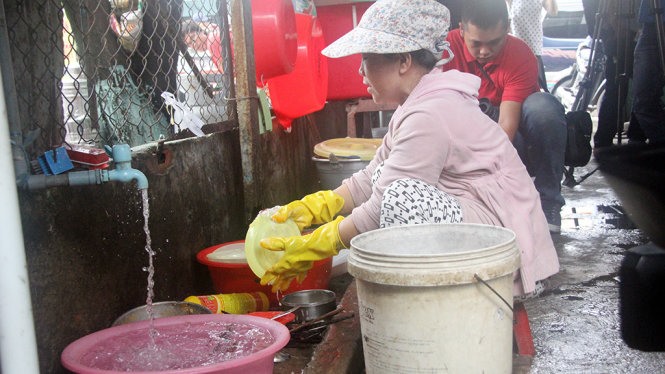 |
| A household in HCM City’s District 12 uses water from a well despite getting tap water. - Photo tuoitre.vn |
It was organised by Tuổi Trẻ (Youth) newspaper and attended by experts, officials from the city Department of Natural Resources and Environment, Department of Health, the Sài Gòn Water Supply Corporation (SAWACO), and other agencies.
Ngô Cao Lẫm, head of the Preventive Medicine Centre’s environmental health department, said since 2014 the centre has tested more than 1,400 water samples from many areas around the city, especially from wells.
The acidity and iron levels failed to meet the Ministry of Health’s standards while the micro-organism and ammonia content were at harmful levels, he said.
The centre recommends that people should boil water before consuming it, he said. In areas where the ammonia levels are found to be too high, people should stop using groundwater and switch to tap water, he said.
Nguyễn Phát Minh, a hydro-geologist, said the city has many wells that used to be safe in the past but are now too polluted.
It is necessary for local authorities to closely monitor drilling of wells since the use of traditional techniques often makes the groundwater harmful, he warned.
Besides, he said, the city’s groundwater sources have an “open” structure, meaning they are vulnerable to saltwater intrusion and so must be used cautiously.
Authorities should make use of scientific research into water quality in the Đồng Nai and Sài Gòn rivers to ensure they do not waste this source, he added.
Nguyễn Thị Thanh Mỹ, deputy director of the Department of Natural Resources and Environment, said the city plans to ensure supply of clean water to all households to safeguard people’s health and reduce the use of often harmful groundwater.
“In the past groundwater in Củ Chi and Hóc Môn districts used to be of very good quality. But it has now decreased in terms of both quality and quantity.”
Groundwater is mostly used by households and businesses, she said.
Over 700,000cu.m of groundwater is used daily, but the department hopes to reduce this to 100,000cu.m by 2025.
Mỹ said the Law on Water Resources only requires a licence if 10cu.m or more of groundwater is used per day and this has caused excessive exploitation.
She said she would petition for this law to be amended.
Her department has submitted a map showing areas where groundwater exploitation in the city should be forbidden and is awaiting approval from the Government, she said.
A Sawaco representative said many households refuse to use tap water even when they are provided it.
“In the last three months the company has contacted many non-users and reduced water fees by 50 per cent to encourage them to use tap water,” he said.
The company plans to offer more such incentives to coax people into using tap water, especially in outlying areas and temporary residents, he said.
He suggested that authorities should raise people’s awareness of the damages caused by over-exploitation of groundwater, and persuade them to stop using wells.
What the stars mean:
★ Poor ★ ★ Promising ★★★ Good ★★★★ Very good ★★★★★ Exceptional
Latest News
More News
- SLP Vietnam inaugurates rural road solar lighting project in Long An (April 19, 2024 | 07:12)
- Vietnam needs 20-30 billion USD investment for universal clean water access (April 16, 2024 | 17:10)
- Vietnam Airlines adjusts flight paths via Middle East (April 16, 2024 | 17:05)
- Vietnamese community in India stays united, contributes to homeland (April 15, 2024 | 11:42)
- Dien Bien Phu Victory celebrated in France (April 15, 2024 | 11:37)
- Vietnamese Embassy in Israel issues warning amid escalating tension (April 15, 2024 | 08:00)
- ADB forecasts 6 per cent growth for Vietnam (April 12, 2024 | 17:17)
- SCB, Van Thinh Phat execs convicted of embezzlement; Truong My Lan sentenced to death (April 12, 2024 | 09:59)
- Finnish kindergarten opens in Hanoi (April 12, 2024 | 09:50)
- Over 746 tonnes of rice allocated to Dien Bien, Bac Kan provinces in between-crop period (April 12, 2024 | 08:54)



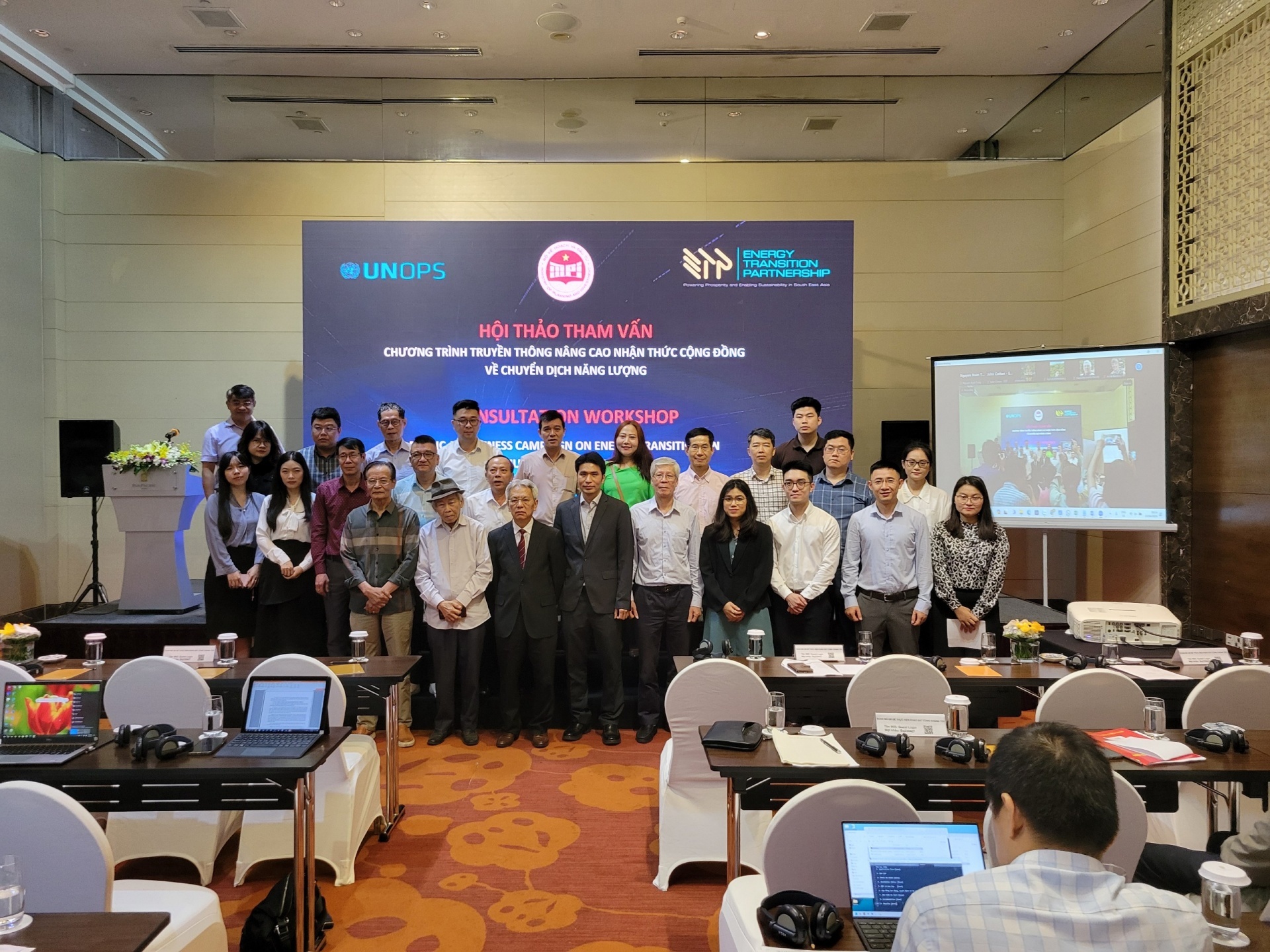
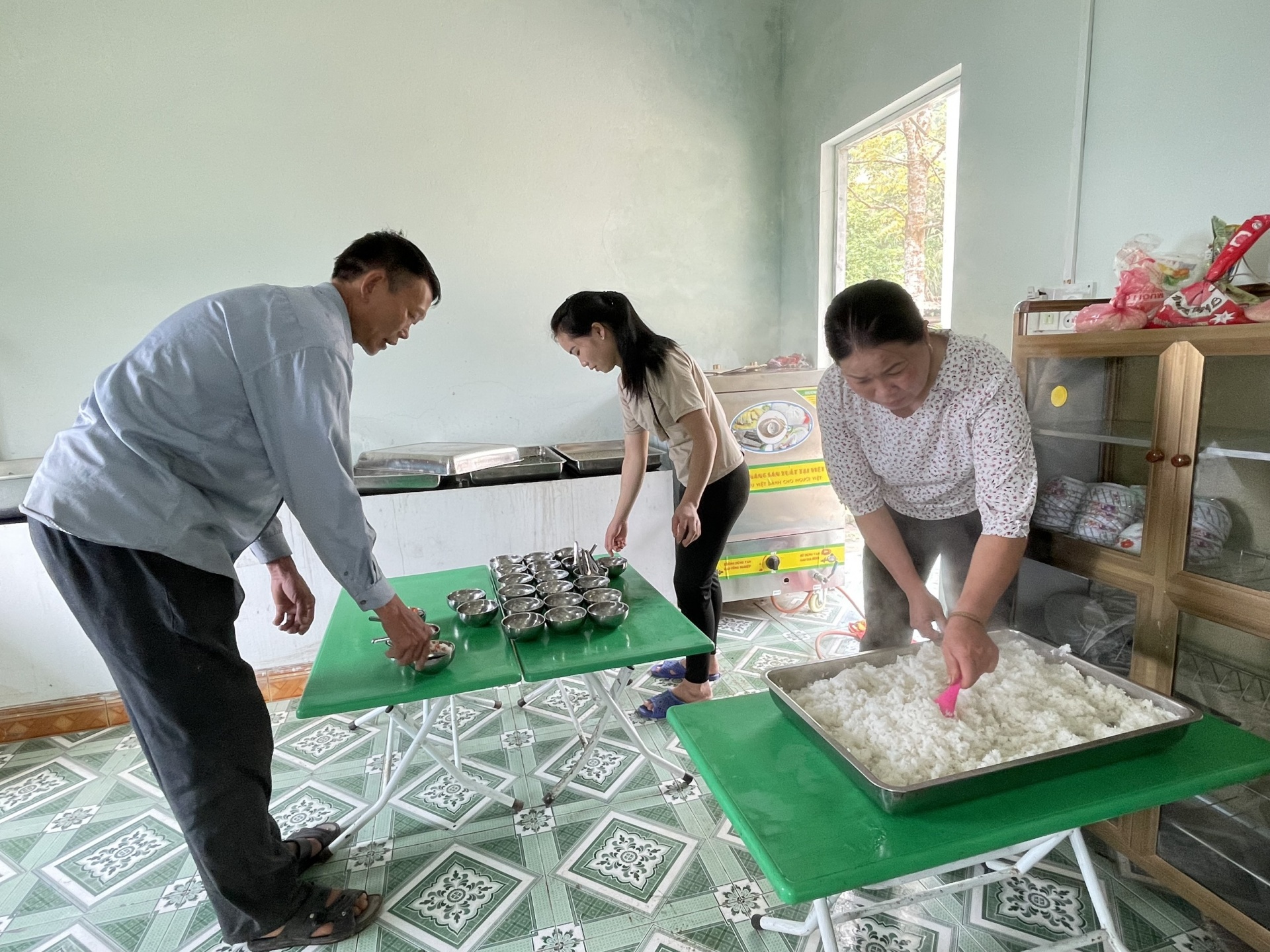
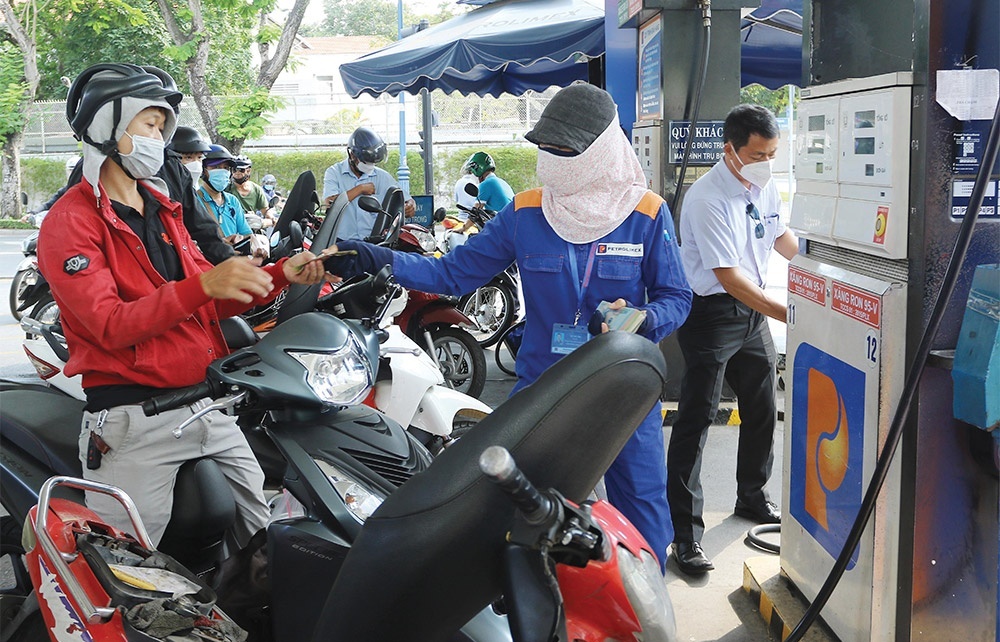
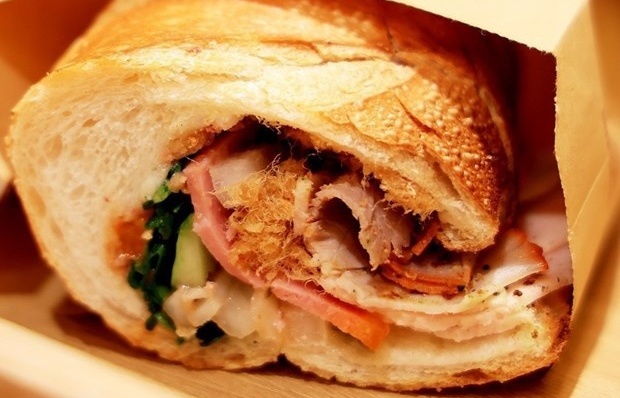
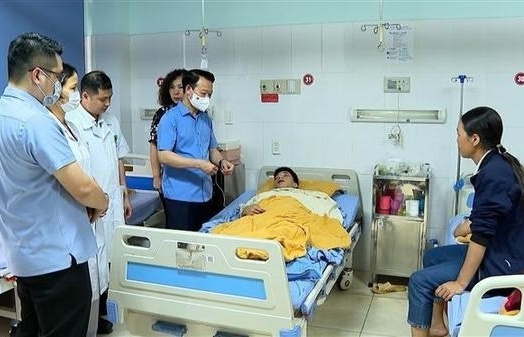



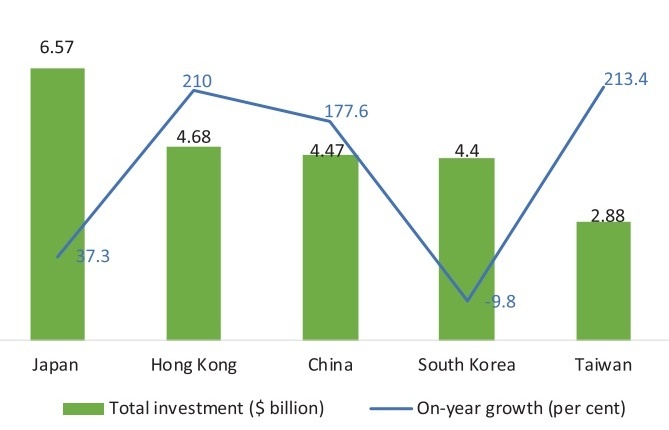




 Mobile Version
Mobile Version